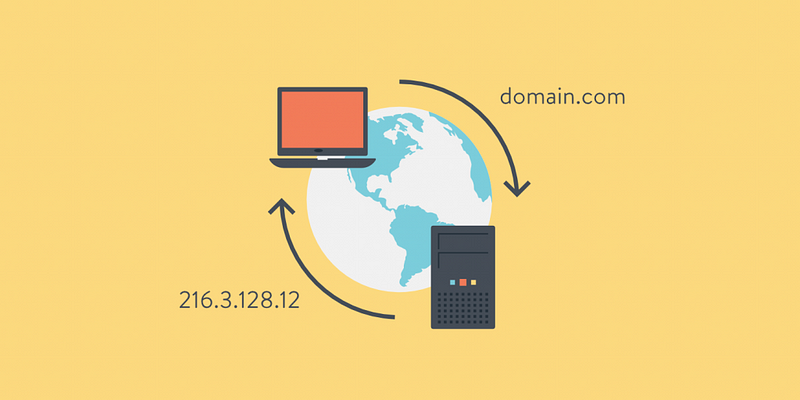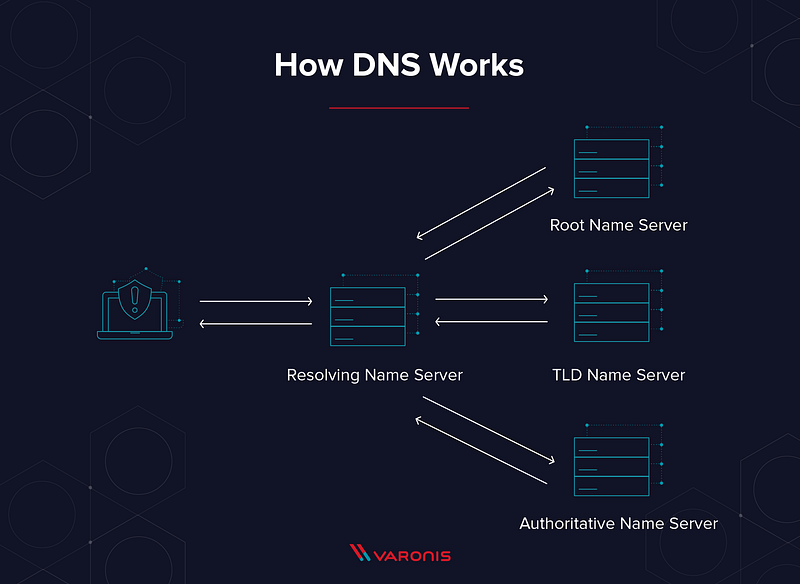What Is DNS?
In this Article, you’ll study an important part the web , the name system, or DNS.
So what’s DNS?
Well, it is a translation system that permits us humans to look the web using language we’re comfortable with.Without DNS, the web as we all know it might not exist. For example, you could not do your shopping online; you’d need to drive to an actual store to shop for your things or you wnt to buy the Cheap Web Hosting for your domain you need best Web Hosting Company
There’d be no thanks to stream music or videos to your smartphone, and no thanks to video chat with a lover across the ocean, or even across the road .
But what does DNS need to do with this?
The Internet is formed from computers that are found out in large networks round the world. These networks are connected by an internet of underground, and in some cases, undersea wires.

Computers on the web communicate with one another using strings of numbers called Internet Protocol, or IP addresses. IP addresses function like street addresses; they identify where a computer is found on the web ,and help guide the knowledge traveling between computers.
Now it’s one thing for computers to speak using strings of numbers, but imagine if we humans had to memorize these seemingly random numbers strings, for every single website we wanted to seek out …
not very realistic, huh? Well due to DNS, we do not need to .
DNS translates the human-friendly domain names that we’re comfortable using into the IP addresses that computers got to communicate with each other .
When you A name into your browser , your browser and computer determine if one among them already has the domain’s related IP address in their memory. If it is a domain that you’ve got recently visited, like say a newspaper you check out a day, your browser may have stored the name and IP address in its memory, and can display the web site during a blink of an eye. If the domain isn’t found in local memory, your computer takes the search out to the web where it asks, or queries, a series of DNS servers if they need the name in their memory or a database. The first DNS server that receives the query checks its memory for the name.

If it doesn’t find the name in its memory, it sends the query on to subsequent DNS server to ascertain if it can help. As soon because the name is found on a DNS server that server returns the name and its IP address to the requesting DNS server and on down the road until it arrives back at your computer. Each time a requesting DNS server receives a website name and IP address, the server stores the knowledge in its memory, so any future requests for the name are often answered more quickly. Once your computer has the IP address for the name, your browser knows where to seek out it on the web .Your browser uses your computer to speak with the server where the name is hosted and requests any associated files.
The host server returns the files, which then display in your browser .
Our ability to use domain names to quickly and simply retrieve websites and files from the web is entirely hooked in to this tightly integrated and tiered line of communication. So the next time you purchase a pair of shoes online, listen to some music on your smartphone, or video chat with a lover on another continent; remember, it isn’t magic that allows you to do this stuff on the online , it’s DNS!


Comments
Post a Comment